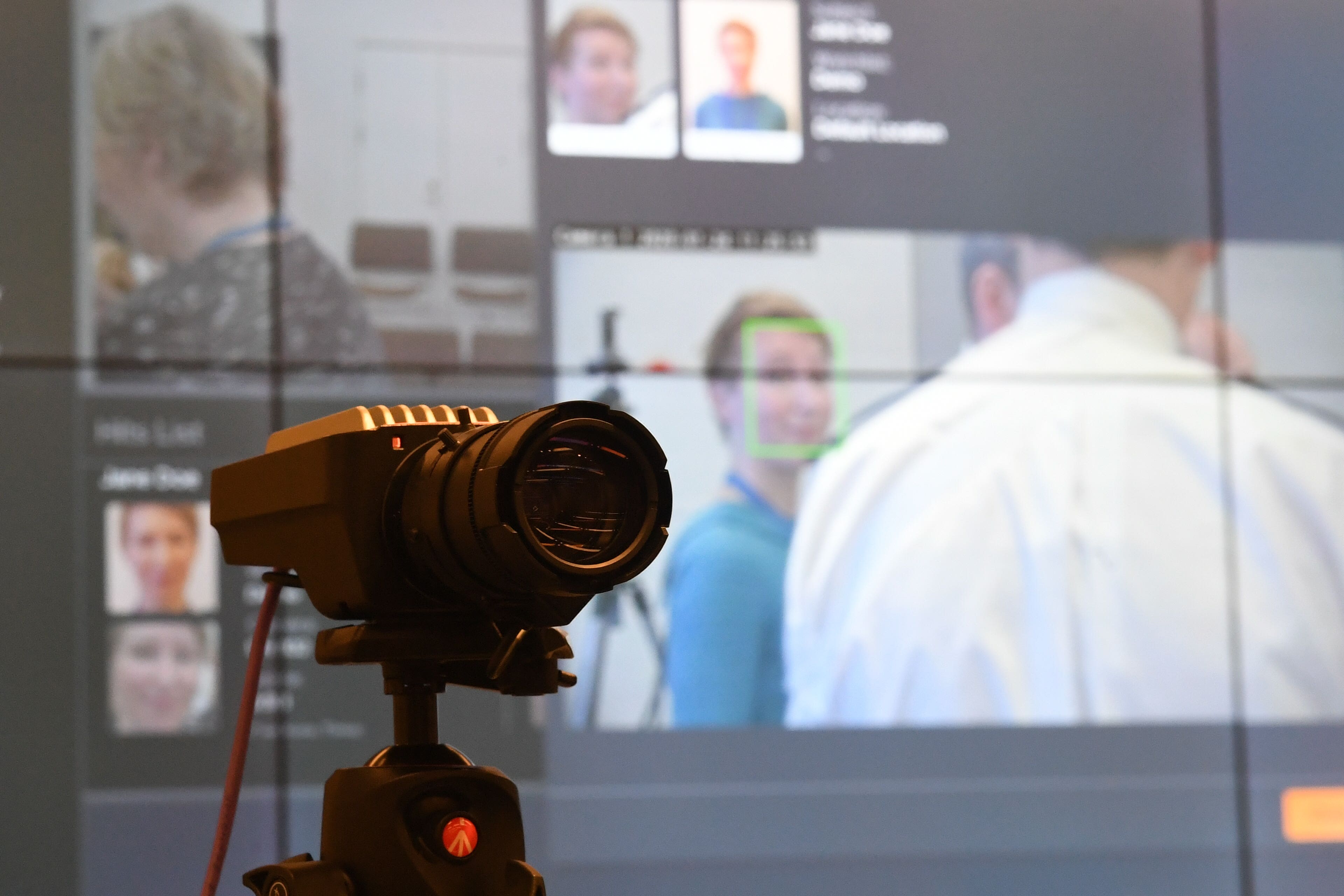Scotland ‘first country in world’ to publish biometrics code of practice
The new code sets out how biometric data can be acquired, retained, used and destroyed for criminal justice and policing purposes.

Your support helps us to tell the story
From reproductive rights to climate change to Big Tech, The Independent is on the ground when the story is developing. Whether it's investigating the financials of Elon Musk's pro-Trump PAC or producing our latest documentary, 'The A Word', which shines a light on the American women fighting for reproductive rights, we know how important it is to parse out the facts from the messaging.
At such a critical moment in US history, we need reporters on the ground. Your donation allows us to keep sending journalists to speak to both sides of the story.
The Independent is trusted by Americans across the entire political spectrum. And unlike many other quality news outlets, we choose not to lock Americans out of our reporting and analysis with paywalls. We believe quality journalism should be available to everyone, paid for by those who can afford it.
Your support makes all the difference.Scotland has become the first country in the world to publish a special code that governs the use of DNA and other biometric data in a criminal justice setting.
Biometrics are a way to measure a person’s physical, biological, physiological or behavioural characteristics to establish or verify their identity.
The Code of Practice, which came into force on Wednesday, gives guidance to the police on how this sort of data and related forensic technologies can be used.
From today, Scotland is the first country in the world to have a national code of practice which gives guidance to the police on how biometric data and related forensic technologies can be used
Concerns have been raised about the ethics of the use of intrusive technology, such as facial recognition, in biometric surveillance.
The new code sets out how biometric data can be acquired, retained, used and destroyed for criminal justice and policing purposes.
It includes a complaints mechanism and the power of enforcement to ensure compliance.
There are 12 principles and ethical considerations written in the code to which Police Scotland, the Scottish Police Authority and Police Investigations and Review Commissioner must adhere.
It is important to strike the right balance between allowing Police Scotland to do what is required to keep people safe and to protect the human rights of the public
These include equality, lawful authority, ethics, privacy, respect for human rights and encouragement of scientific and technological advances.
While it is unique to Scotland, the code sits alongside frameworks which are being developed throughout the rest of the UK.
It was approved by the Criminal Justice Committee of the Scottish Parliament without amendment, and regulations were laid which introduced the code on a statutory basis with effect from Wednesday.
The Scottish Biometrics Commissioner, Dr Brian Plastow, consulted the criminal justice sector while drawing up the detailed framework.
It promotes good practice, transparency and accountability by setting out standards for professional decision-making while matching the needs and responsibilities of policing with important human rights safeguards
He said the code represented “a significant human rights achievement” for Scotland, and was something of which the country should be proud.
“It is important to strike the right balance between allowing Police Scotland to do what is required to keep people safe and to protect the human rights of the public,” he said.
“From today, Scotland is the first country in the world to have a national code of practice which gives guidance to the police on how biometric data and related forensic technologies can be used.
“It promotes good practice, transparency and accountability by setting out standards for professional decision-making while matching the needs and responsibilities of policing with important human rights safeguards.
“Its implementation should enhance confidence in our criminal justice system.”
The Code of Practice prepared by the commissioner symbolises Scotland’s progressive approach to biometrics, particularly in policing and criminal justice
Cabinet Secretary for Justice and Veterans Keith Brown said: “Given the rapid increase in police use of biometric data and technologies in recent years, it is all the more important that we have an independent commissioner who will raise public awareness about rights, responsibilities and standards.
“It is vital that we promote a clearer understanding of these issues in our communities – especially for young and vulnerable people.
“The Code of Practice prepared by the commissioner symbolises Scotland’s progressive approach to biometrics, particularly in policing and criminal justice.
“I endorse the new code and support the commissioner’s endeavours to promote high standards, transparency and accountability.”
Earlier this month, Professor Fraser Sampson, the UK Government’s Biometrics and Surveillance Camera Commissioner, called for “a clear, comprehensive and coherent framework to ensure proper regulation and accountability” with regards to the use of biometrics and surveillance cameras in England and Wales.